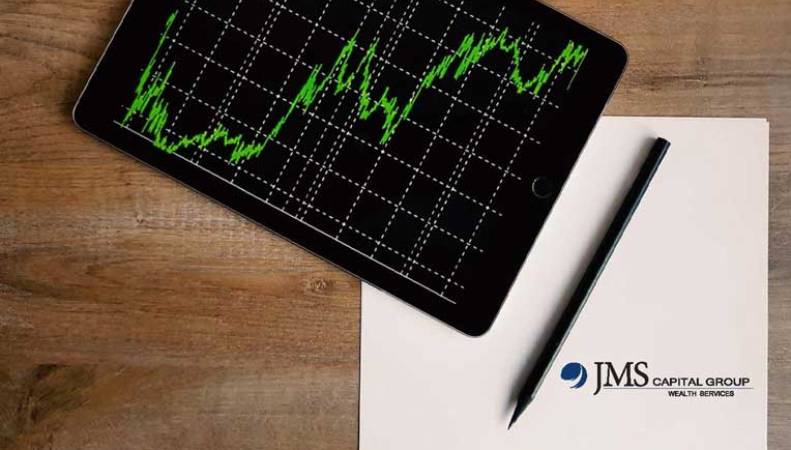By using our website, you agree to the use of cookies as described in our Cookie Policy
Blog
Trade Complexities with China
While the US has sought to restrict semiconductor sales to China and expand domestic manufacturing, it is more likely that such actions will reduce interdependence with China rather than eliminate it. Robinson Meyer provides a compelling example of green energy, in which the US, instead of seeking to restrict Chinese access, likely needs to learn from Chinese manufacturers.
With a surge in electric vehicle manufacturing, China has become the world’s largest exporter of cars. It also has a commanding market share—with 74% the lowest—of each step of the solar panel supply chain. Meyer attributes this dominance to China investing heavily in green energy during the 2010s, whereas the US ramped up funding via the Inflation Reduction Act in 2022.
Meyer argues that the only way the US can catch up either in EV or green energy manufacturing is to work directly with Chinese engineers. He uses several historical examples of innovation to support his case—after World War I, the US brought in German scientists to learn how Germany had developed the world’s top chemical industry. Between World War I and World War II, scientists from Germany, France, Japan, and the Soviet Union went to Detroit to understand how Ford produced cars so efficiently. By the 1980s Japanese automakers, with US encouragement, were opening factories in the US, whereby the US could better discern how Japanese firms implemented a superior manufacturing process.
Ford is now seeking to build an electric vehicle battery factory, under which it would license the manufacturing technology from a Chinese company. Given trade tensions between the US and China, it is not surprising that there has been bipartisan criticism of such an arrangement. Still, chairman Bill Ford suggested that this relationship would be the fastest way for the US to play technological catch-up so that it could then produce batteries on its own.
We may see more of a push-pull relationship between the US and China over the coming years, as both sides seek greater independence, so as to be less vulnerable to trade restrictions or geopolitical events, while collaborating in certain areas to reap the benefits of trade and knowledge accumulation. As Meyer notes, if the US government discourages Ford’s access to Chinese know-how, it may only increase dependence on China, as Ford could forego the acquisition of manufacturing acumen and instead simply import batteries from China.
###
JMS Capital Group Wealth Services LLC
417 Thorn Street, Suite 300 | Sewickley, PA | 15143 | 412‐415‐1177 | jmscapitalgroup.com
An SEC‐registered investment advisor.
This material is not intended as an offer or solicitation for the purchase or sale of any financial instrument or investment strategy. This material has been prepared for informational purposes only, and is not intended to be or interpreted as a recommendation. Any forecasts contained herein are for illustrative purposes only and are not to be relied upon as advice.
‹ Back










